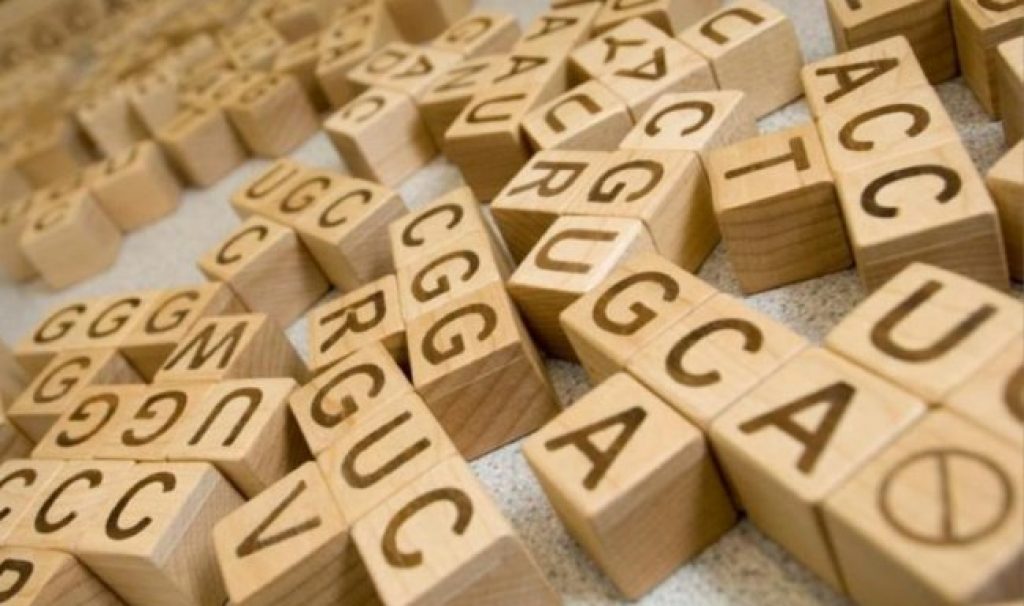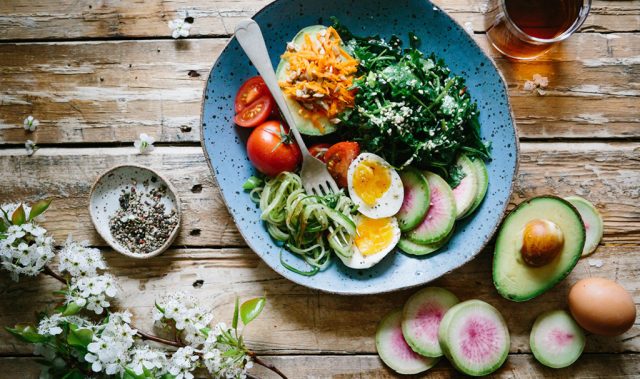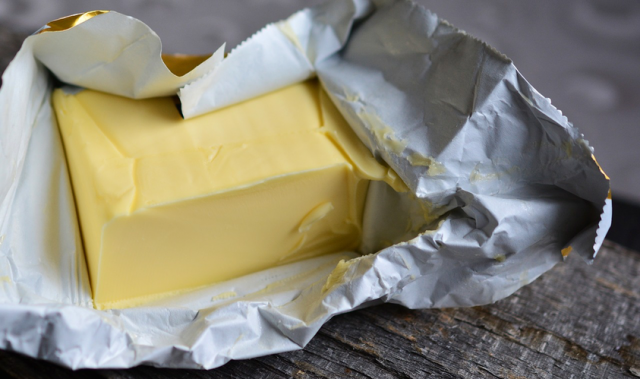
AsianScientist (Sep. 14, 2015) – A research team led by Professor Yin Yulong, from the Institute of Subtropical Agriculture, Chinese Academy of Sciences, has demonstrated that supplementing diets with glutamate and aspartate protects piglets from oxidative stress. Their work has been published in the journal Amino Acids.
Oxidative stress can damage the proteins, lipids and even DNA of our cells, and has been implicated in the pathology of neurodegenerative disorders and aging.
Glutamate and aspartate are essential amino acids that are the basic building blocks of proteins. Besides that, they are also important chemical messengers in the brain involved in neurotransmission. Both glutamate and aspartate play important roles in nutrition, metabolism and immunity. However, their role as a dietary antioxidant supplement remained to be explored.
To study the effects of dietary glutamate and aspartate supplement in oxidative stress, the authors first induced oxidative stress by administering hydrogen peroxide to weaned piglets. Thereafter, they either fed the animals with standard diet, standard diet with glutamate, standard diet with aspartate or standard diet with glutamate and aspartate.
With this experimental set up, the observed that glutamate and aspartate supplements could reverse the negative effects of hydrogen peroxide-induced oxidative stress. In particular, it rescued the growth suppression caused by hydrogen peroxide, decrease in daily feed intake and feeding efficiency.
Moreover, glutamate and aspartate supplements alleviated the oxidative stress response in the blood circulation by reducing the concentration of hydrogen peroxide and increasing antioxidative enzyme activities in the serum.
This investigation suggests that both glutamate and aspartate could potentially be used as dietary antioxidants.
The article can be found at: Duan et al. (2015) Dietary Supplementation with L-Glutamate and L-Aspartate Alleviates Oxidative Stress in Weaned Piglets Challenged with Hydrogen Peroxide.
———
Source: Chinese Academy of Sciences; Photo: Duncan Hull/Flickr/CC.
Disclaimer: This article does not necessarily reflect the views of AsianScientist or its staff.












